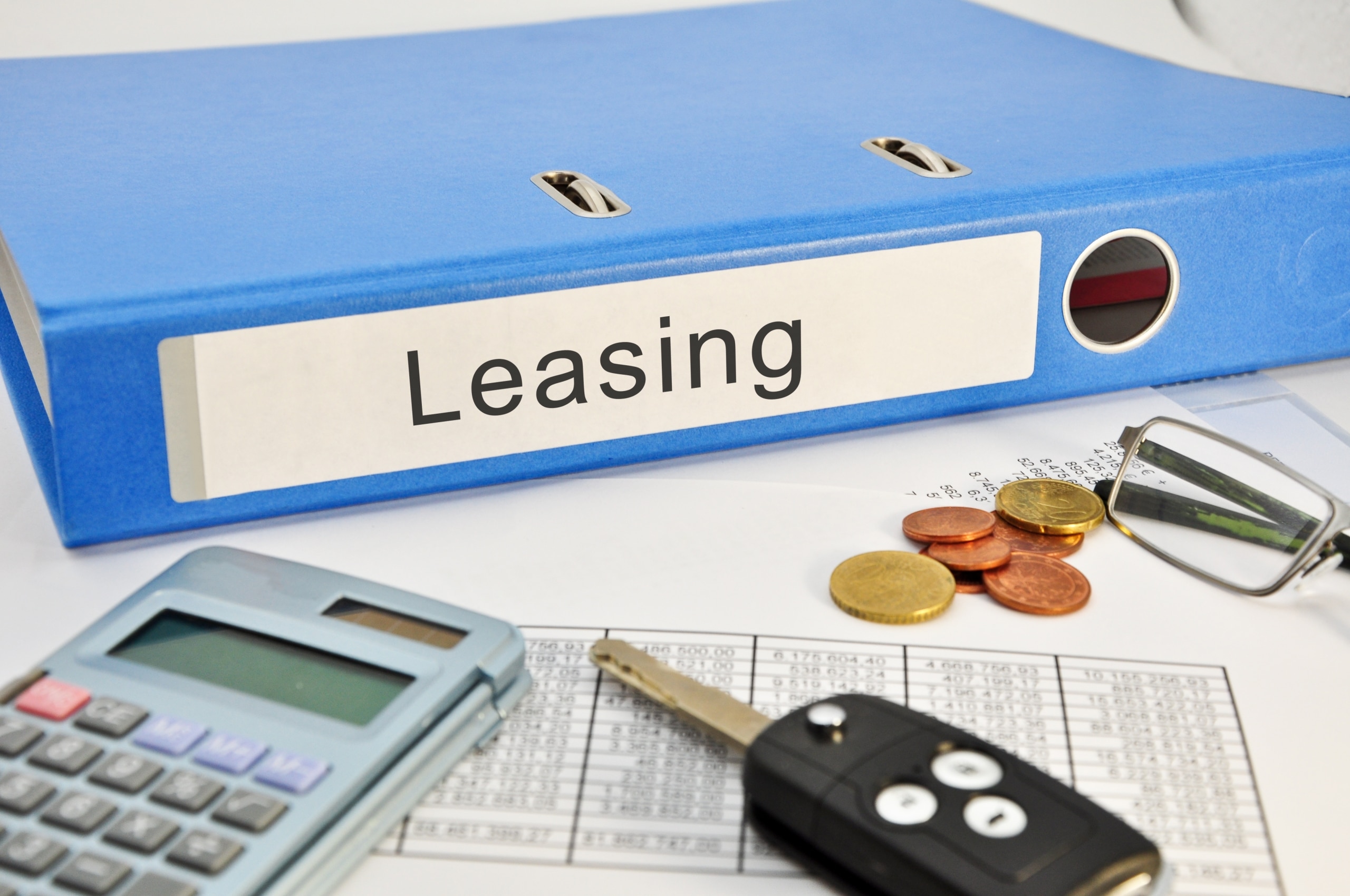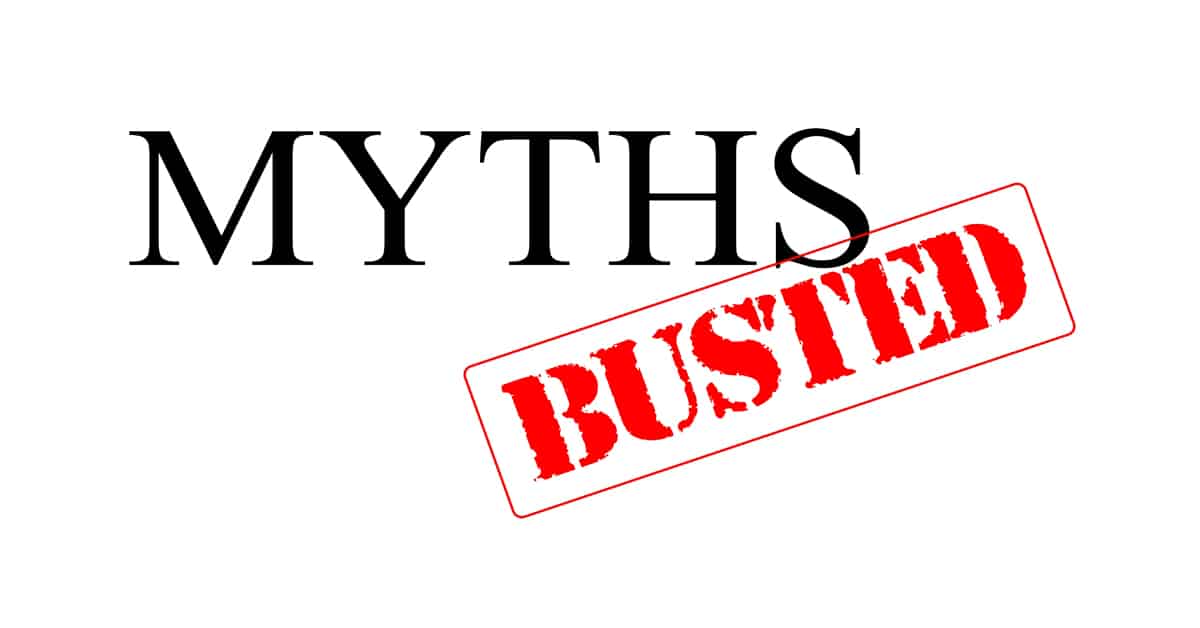Company Van Tax Explained
July 31, 2024

Finding a van that ticks all the boxes (and transports them as well!) can be a tricky process, but with a wide and varied range of commercial vehicles available, it isn’t hard to find something which will meet your specific needs. However, finding that perfect van is only the start as you then need to work out how you’re going to pay for it! But what sort of lease should you be considering?
While there is no short answer to this question, as it can depend largely on your circumstances, we can break leasing a van into two main categories. These are contract hire – which you will often see referred to as operating lease – and finance lease. At first glance they may appear to be quite similar as both involve paying out money monthly over the term of a lease in return for the use of a commercial vehicle, but there a number of differences between the two which you will need to make yourself aware of. Each type of lease has its advantages and disadvantages, but it is up to you to weigh up which you feel would best suit your company. Lets look at both types of van leasing: Contract Hire (Operating Lease) What is a contract hire? A contract hire, or operating lease, involves paying a monthly cost for use of the vehicle. It normally requires a small deposit, usually equivalent to three monthly payments. What are the main advantages of contract hire? You get access to a van, or number of commercial vehicles, at a relatively low cost. You also have the option of adding a maintenance package, which means that most mechanical issues can be dealt with by the lease company at no extra cost. You can choose the length of your contract too, with most contract hire deals offered over periods between 24 and 60 months. The vehicle itself will belong to the lease company throughout the period of the operating lease, meaning the rental itself is allowable against corporation tax and it won’t appear as inventory for your company. Paying the same amount each month for a vehicle allows you to budget effectively and you can also reclaim the VAT on the cost of leasing and maintenance, meaning you have more money to invest in your business. Disadvantages of contract hire The lease agreement will come with certain conditions, not least a cap on your annual mileage. You will be allowed to drive the van for a set number of miles each year, and if you go over that amount, you will have to pay an extra charge at the end of the lease term. This means you will need to keep a good eye on the miles each commercial vehicle is doing each month. Sadly, though, you won’t get any reward for going below the agreed mileage limit. You also need to make sure you return the vehicle in good condition or you could be liable for additional repair costs. With contract hire, you hand the vehicle back at the end of the lease, therefore you won’t have the option of buying the van outright at the end of the hire period. If you want to get out of the contract before the end of the term, you could cop a hefty fee too! Finance Lease What is finance leasing? This is similar to contract hire, but with a few differences. You pay a monthly amount for a commercial vehicle, but there are a few differences which make it another viable option for companies. What are the advantages of finance leasing? Finance leasing generally doesn’t come with mileage restrictions, meaning you will not be penalized for going over an agreed number of miles. However, you should be aware that the more miles on the clock, the less value the vehicle will have in the long run. You also won’t have to fork out for additional maintenance costs when you hand the vehicle back, but again, any damage will affect its long-term value. You can also purchase the vehicle at the end of the lease term; however, this will involve going through a third party as the vehicle cannot be sold directly to you at the end of the term. However, with a finance lease, you retain almost all the equity built up in the vehicle and you can also tailor your deposit and monthly payments to take into account depreciation of the vehicle. If you are not VAT registered, you can spread VAT cost over the period of the rental as VAT can be charged on the rental and not the sale price, which means you won’t be slapped with a massive bill at the end of it all. For those who are VAT registered, rental of a commercial vehicle is totally tax-deductible. Disadvantages of finance leasing The final payment/balloon payment is your responsibility to pay at end of the term. The balloon is designed to reduce your monthly payments and to make it more affordable. However, you may find at the end of term that you end up paying out more than the vehicle is worth due to excess mileage, damage or poor maintenance. The balloon payment can be agreed at the start of the lease agreement, so it’s best to be realistic about what you want to pay out. Also, there is no maintenance package with finance leasing, so the hirer is responsible for looking after the van, such as changing tyres, making sure it is serviced and generally keeping it ticking over and in good nick. You may find, though, that the vehicle comes with a decent warranty, say between three and five years, which could cover a lot of these factors. Although you can buy the vehicle at the end, this can be tricky process. You will need to find a third party who the lease company can invoice for the vehicle, as they are not allowed to sell it to you directly. You can then buy the vehicle off the third party. You can leave the lease agreement any time you want, but you do run the risk of running into negative equity if the vehicle turns out to be worth less than the amount left on the lease.

